Nursing can be really easy, or it can be really hard|
I knew that nursing can be difficult, but when I looked up Youtube videos on how to get the baby to latch, all of them made it seem super easy. You just hold them like so and do this with your fingers and viola! So I didn't worry too much about it and figured it would all just work out. Well, it did not. My baby didn't latch and she hated nursing. I could never get the positions right and I was always putting my hands in the wrong place or not propping her up high enough. This alone isn't that frustrating, but when it's 2:00 in the morning and your newborn baby is wailing, it's enough to make you break down in tears. I was not at all prepared for this and wish I would've known that it can be really hard. I ended up pumping because I could never get it down and baby just hated it. Granted, the experience can be totally different with each baby. My little one was not about it from day one so that played a big part. But if I were a first time mom again, I would practice the positions with a doll, practice the techniques for getting them to latch, and having all of the stuff you might need if they don't (a nipple guard, bottles). Hopefully it's a breeze, though!
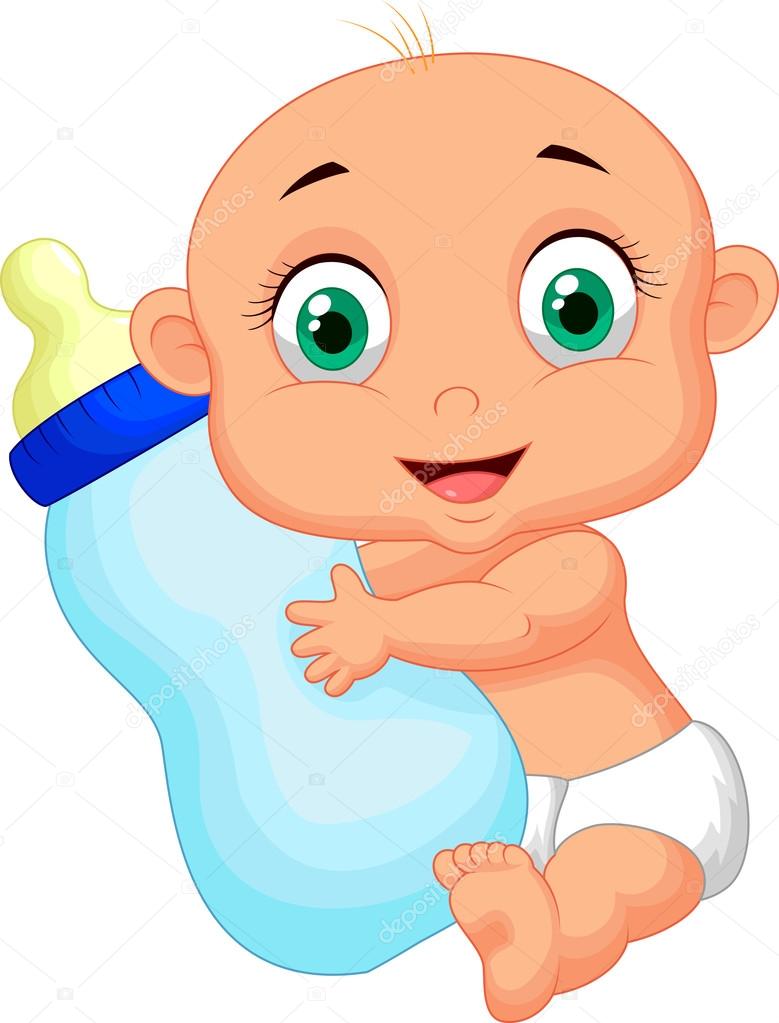
Some people only pump
So, as a continuation from the last point, because my baby didn't latch and didn't like nursing, I ended up solely pumping. I still wanted her to have the benefits of breast milk so that was what I went with. I would pump every 2-3 hours and then feed her. I had a few back ups in case she got hungry in between my pumping sessions. Once I started doing this, I looked up Youtube videos to see what other people did and what advise they had. I found out that A LOT of people do this. Obviously, nursing is the preferred option for the bonding effect, but if that doesn't work, pumping is a great option. There are tons of people and resources out there for support. The weird thing is that I got so many weird looks and confused reactions when I said I only pump. Most people think that you either nurse or you give your baby formula. But pumping is still getting your baby the holy breastmilk in a different way. In the hospital and at my follow up lactation appointment, this option was never even mentioned. They knew how hard it was for me and how hard it was for baby to get any milk at all, and yet they kept pushing to keep trying and if all else fails to give the baby formula. I found this absolutely baffling! This is an option and a pretty good one! So know your options beforehand and have a backup plan. And know that at the end of the day, it doesn't matter. As long as your baby is getting fed and gaining weight, then whatever you choose is okay. Don't let the nurses at the hospital pressure you if breastfeeding is not working out. ALSO, if you solely pump, get a hands free pumping bra and a double pump because they will save your life.

When pumping, there are different flange sizes
The flange is the sucking part of the pump and there are different sizes! I didn't even know this until months into pumping and I randomly saw it in a Youtube video. You want to select a size that is bigger than your nipple but doesn't cover your whole Areola. Here is a guide. This can make the difference between getting tons of milk vs getting very little and massive pain vs no pain. When you get a pump, it will come with a standard size so you'll need to buy whichever size you need on your own (if the ones it comes with aren't the right fit). In my case, my local store didn't sell different sizes so I found them on Amazon.

Get a few different kinds of binkies
The flange is the sucking part of the pump and there are different sizes! I didn't even know this until months into pumping and I randomly saw it in a Youtube video. You want to select a size that is bigger than your nipple but doesn't cover your whole Areola. Here is a guide. This can make the difference between getting tons of milk vs getting very little and massive pain vs no pain. When you get a pump, it will come with a standard size so you'll need to buy whichever size you need on your own (if the ones it comes with aren't the right fit). In my case, my local store didn't sell different sizes so I found them on Amazon.
Get a few different kinds of binkies
When I was pregnant, I was told that the best pacifiers were the Avent Soothie ones (or the Gumdrop binkies). This proved to be true later on when my baby was bigger, but she physically couldn't suck on them for probably 3-4 months. I finally found the MAM newborn binkies and she loved those. Later on she preferred the other ones, but I wish I would've had the MAM ones from the get go because she doesn't like binkies very much because we just didn't use them the first few months because they were too big. So research your binkies and get a few different brands, just in case!
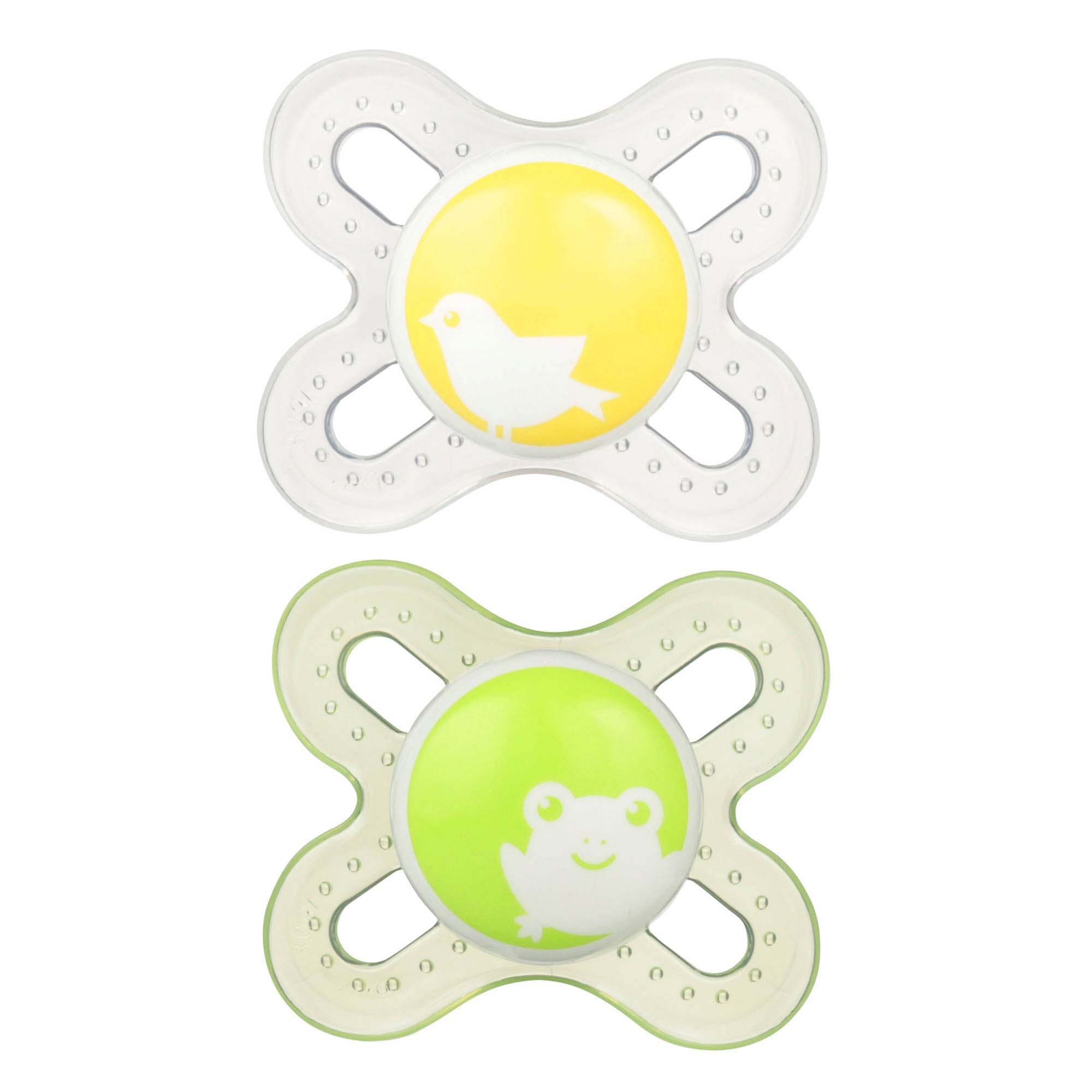

Get the same brand and style of bottles
As new parents, we had some Phillips Avent bottles, a couple of specialty bottles from another company that helped to prevent colic, and a couple of random ones we got when we forgot bottles and had to pick up a couple from the store. This can get annoying when you're scrambling for bottles when baby is upset and one lid doesn't fit one bottle and so on. We ended up deciding to just keep the Phillips Avent bottles because they were the simplest, cheapest, and worked really well.

Newborn clothes are different sizes!
When I was preparing for baby, I got clothes in the newborn size. Right, because they're a newborn. WRONG. Some newborn outfits are short and wide and some are long and skinny. It's impossible to predict exactly how your baby will fit into these clothes, but you can get a rough idea if your baby is going to be small or big. I just didn't even think about it and in my case, my baby was very small, which I knew she was going to be. Because of my lack of planning, about 3 or 4 of her onesies actually fit her. I ended up having to go shopping a few days after I had her to stock up on onesies her size. I kept the other ones just in case and she ended up never fitting into them because they were short and wide and by the time she was wide enough to fit in them, she was too long. So, even though they say newborn, they're all different sizes!
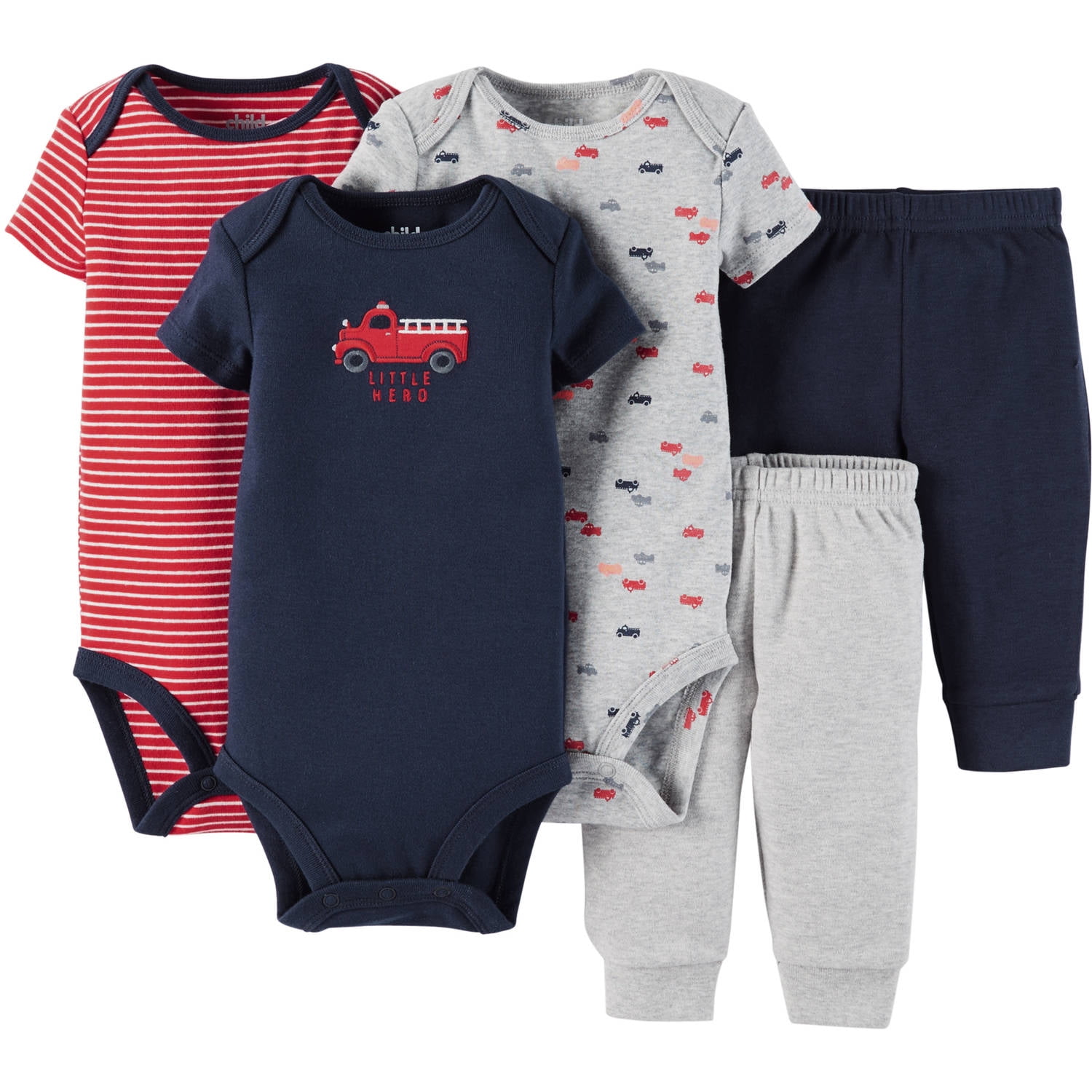
Research common health issues with newborns
The reason I italicized 'common' was becuase you don't want to freak yourself out but it's good to know the most common things that people run into. I didn't know that Eczema in babies was a thing at all until my baby started breaking out in bumps and I didn't know what to do. It wasn't a huge deal, I did some research, called her doctor, and ran to the store for some supplies but it would've been nice to have some of those supplies already. With Eczema specifically, you put moisturizing cream and aquafor on their skin to manage the breakouts and I would've liked to have had both of those on hand even before I found out she had Eczema because you can use both of those for other things too. Sometimes it's good to be prepared!
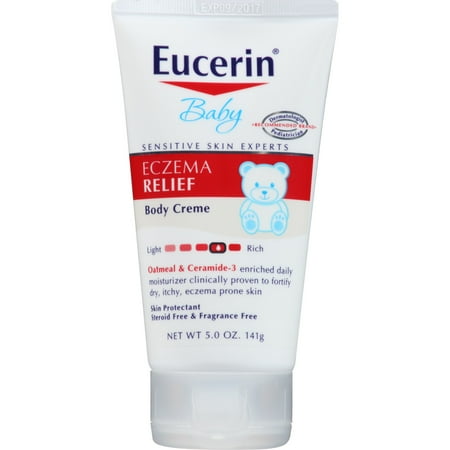

Research common health issues with newborns
The reason I italicized 'common' was becuase you don't want to freak yourself out but it's good to know the most common things that people run into. I didn't know that Eczema in babies was a thing at all until my baby started breaking out in bumps and I didn't know what to do. It wasn't a huge deal, I did some research, called her doctor, and ran to the store for some supplies but it would've been nice to have some of those supplies already. With Eczema specifically, you put moisturizing cream and aquafor on their skin to manage the breakouts and I would've liked to have had both of those on hand even before I found out she had Eczema because you can use both of those for other things too. Sometimes it's good to be prepared!

Get the diapers with the diaper wetness indicator
These diapers are awesome! We just happened to get Pampers and that's how we found out about this, but I think Snuggies diapers might be the same way. Regardless, these diapers have a line down the front middle of the diaper that is yellow and when the baby pees, it turns blue. The more they pee, the more the line will show blue instead of yellow. This is an easy way to see when it's time to change their diaper, because with a newborn, sometimes it's hard to tell, because they don't pee that much.
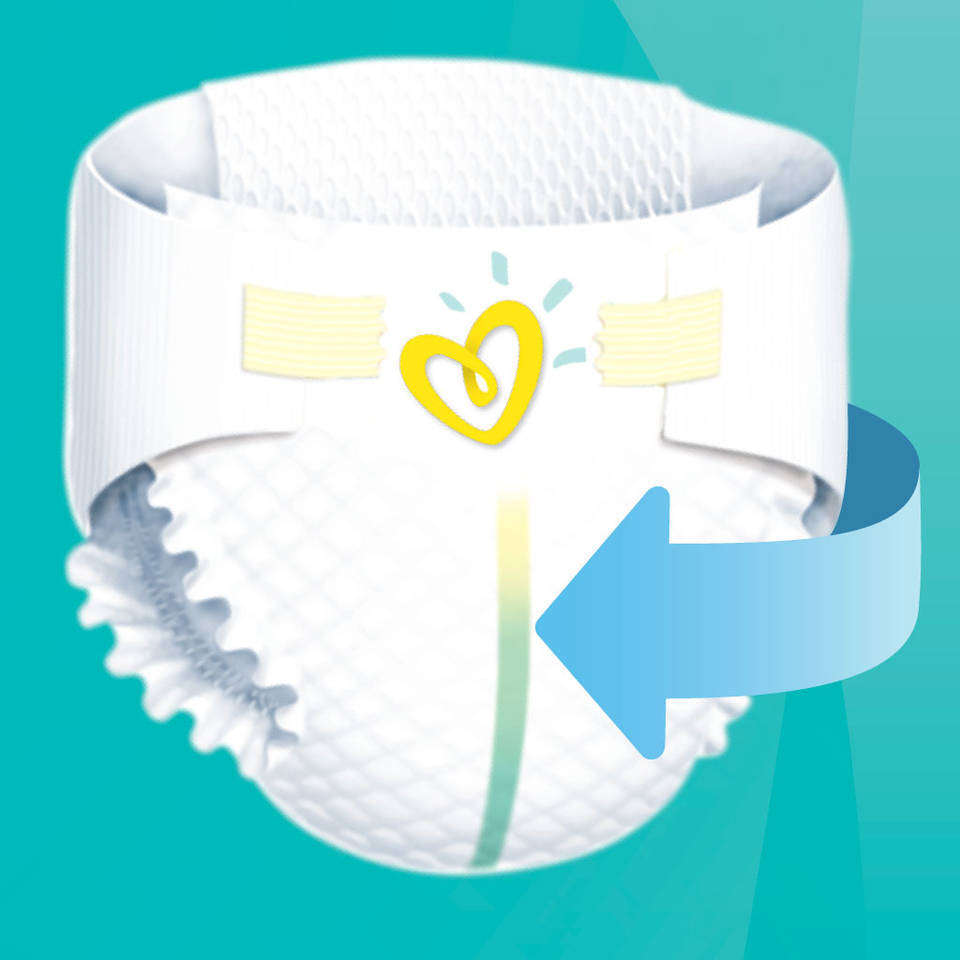
Know and understand postpartum depression beforehand. Even if you don't suffer from it later
So, we all (hopefully) know the basics of postpartum depression that they quickly go over with you at the hospital. But at least for me, I didn't understand it fully and didn't know everything it entailed. When I realized I was dealing with postpartum depression (and a little postpartum OCD), I did my research online, because that's what I do when I want to get in front of something before it railroads me. I was lucky enough to find exactly what I was looking for online and was able to find some coping tips and tricks as well as how to treat postpartum based on MY symptoms (I say it like that because some of the symptoms they list may not may not apply to you). I found journal guides for doing Cognitive Behavioral Therapy, which is basically re-labeling your thoughts and calling them what they are instead of internalizing them and beating yourself up for having them. Understanding that the thoughts that enter your mind randomly are not your fault and you're not doing it on purpose. They are simply noise and should be looked at as such. What I wish I knew beforehand was that the thoughts that enter your mind can be pretty scary and can make you feel like you're betraying yourself and your beliefs and everything you know by having them. It absolutely kills your self esteem and it took me a while to fully trust myself again because I felt like my mind was betraying me. If I had understood and had been mentally prepared for this in advance when my hormones were not completely out of whack, I don't think I would've dipped as much as I did and had such a hard time getting back to normal. I also want to go over Postpartum OCD because I had definitely never heard of this before I started feeling some of the symptoms of this. Postpartum OCD is basically OCD that is taking place due to you having your baby. You don't have to have previously had OCD to suffer from postpartum OCD. What the main symptom of this is is having repetitive thoughts come into your mind or have repetitive worries that MAY or MAY NOT develop into compulsive actions. I want to emphasize this because a couple of counselors I went to said that I 100% didn't have postpartum OCD because I was only having intrusive thoughts I would obsess over (and by obsess I mean they were on a loop and I couldn't stop thinking about them, worrying about them, beating myself up for having them) and I didn't have any physical compulsive actions. Looking into it further, I found that part of the actual definition of OCD is that obsessing over your thoughts is considered a compulsive action. Also, telling yourself "No, This is bad, i'm going to think about something else" over and over each time is a compulsive action. I finally found a counselor that agreed with that and help me treat both. The other counselors said, "Well, why does it matter if you have that or not?" The reason is that for someone who is going through something new and scary, for some people it helps to put a name on it, know that it's an actual thing that other people deal with, and find coping techniques for that specific thing. So, know what to keep an eye out for after having your baby, know that there are many different symptoms so even if you don't meet the criteria you've heard about, look it up! Research the tips people have to avoid dealing with this at all (exercise, sunlight, meditation, a support system, etc), and know that if you have a history with an anxiety disorder, you are more likely to deal with postpartum depression/anxiety in some form. I didn't know this at all until I was in the thick of it. Knowledge is power!

No comments:
Post a Comment